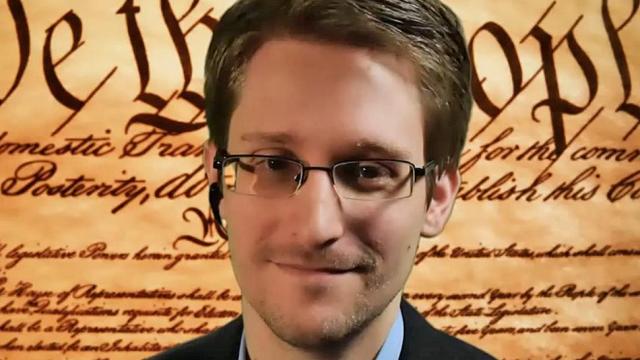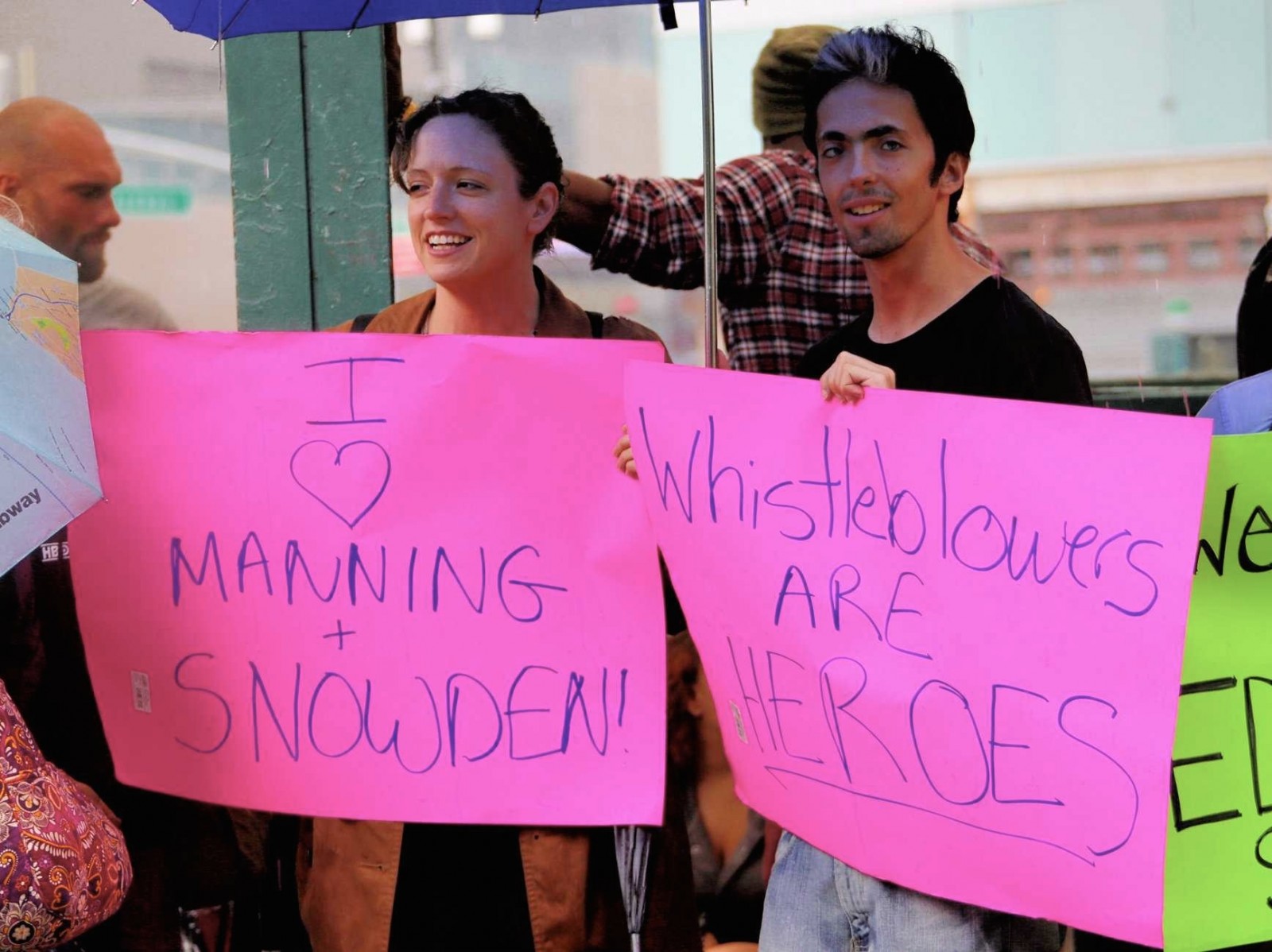
The National Security Agency whistleblower, Edward Snowden, has welcomed plans by Barack Obama to end the practice of systematically storing Americans’ telephone data.
In a statement through the American Civil Liberties Union, Snowden said the plans outlined by Obama were a “turning point.”
Obama confirmed on Tuesday that the U.S. plans to end the NSA’s bulk collection of Americans’ telephone records, admitting that trust in the country’s intelligence services had been shaken and pledging to address the concerns of privacy advocates.
At the same time, leaders of the House intelligence committee said they were close to a deal with the White House to revamp the surveillance program. Another reform proposal, the USA Freedom Act, would go further.
Snowden said none of these reforms would have happened without the disclosures he precipitated. “I believed that if the NSA's unconstitutional mass surveillance of Americans was known, it would not survive the scrutiny of the courts, the Congress, and the people,” Snowden said.
"The very first open and adversarial court to ever judge these programs has now declared them 'Orwellian' and 'likely unconstitutional.' In the USA Freedom Act, Congress is considering historic, albeit incomplete reforms. And President Obama has now confirmed that these mass surveillance programs, kept secret from the public and defended out of reflex rather than reason, are in fact unnecessary and should be ended.
"This is a turning point, and it marks the beginning of a new effort to reclaim our rights from the NSA and restore the public's seat at the table of government."
Obama conceded that the Snowden revelations had caused trust in the U.S. to plunge around the world.
“We have got to win back the trust not just of governments, but, more importantly, of ordinary citizens. And that's not going to happen overnight, because there's a tendency to be skeptical of government and to be skeptical of the U.S. intelligence services,” Obama said at a news conference in The Hague, where world leaders are gathered for a summit on nuclear security.
Obama said he believed that reform proposals presented to him by the U.S. intelligence agencies were “workable,” and would “eliminate” the concerns of privacy campaigners.
“I am confident that it allows us to do what is necessary in order to deal with the threat of a terrorist attack, but does so in a way that addresses people's concerns,” he said.
3 WAYS TO SHOW YOUR SUPPORT
- Log in to post comments
















